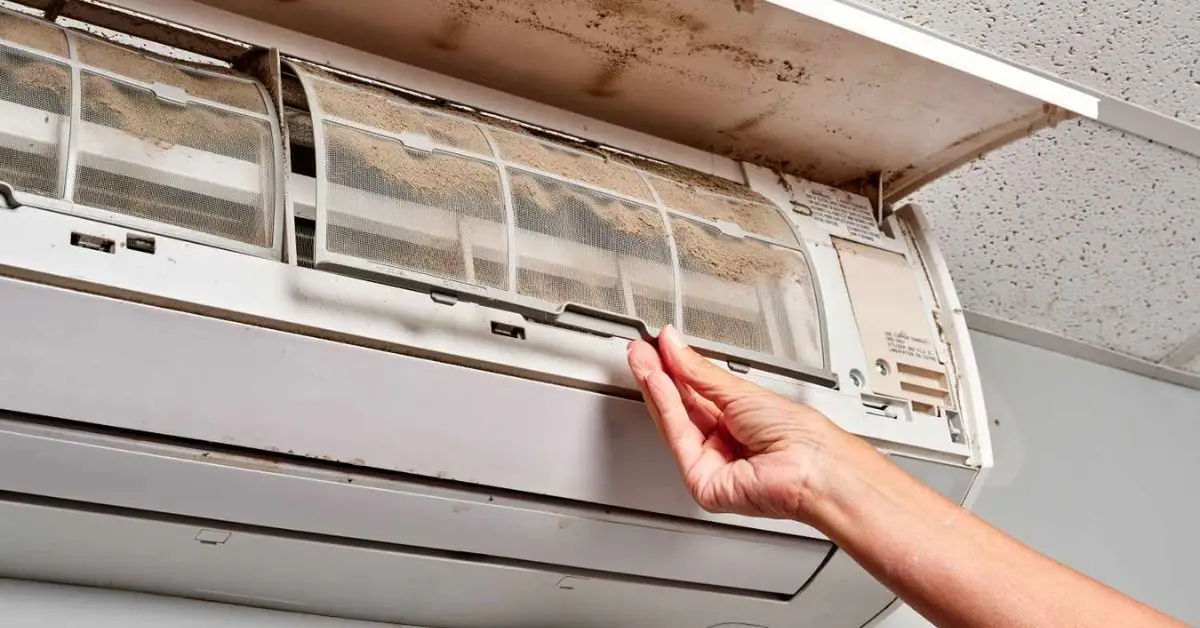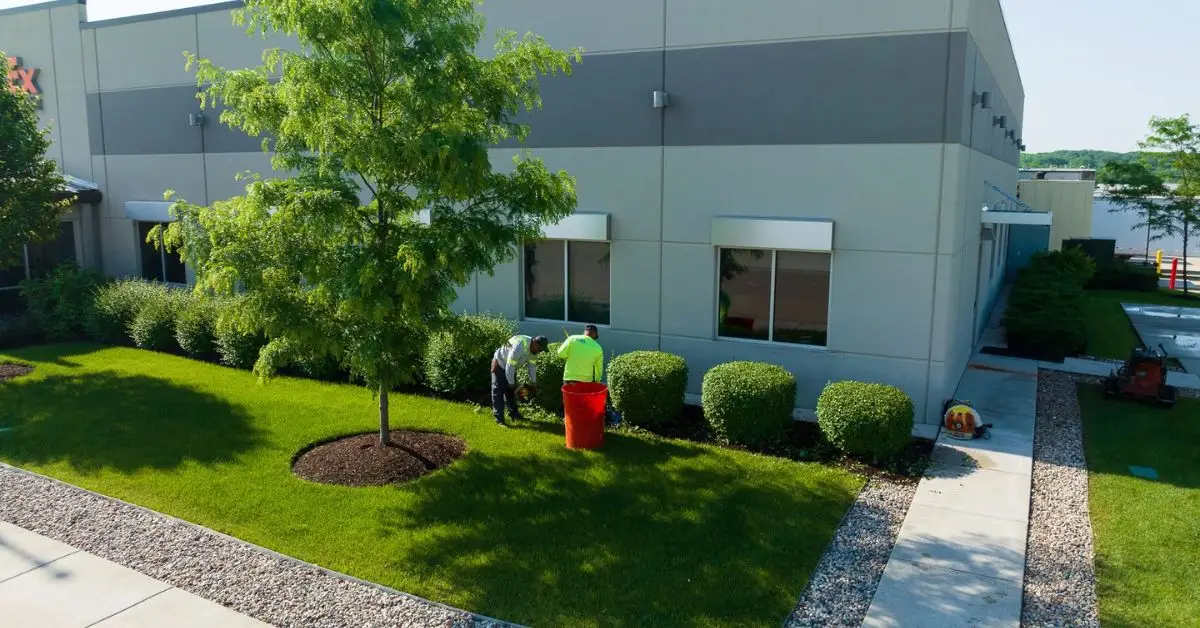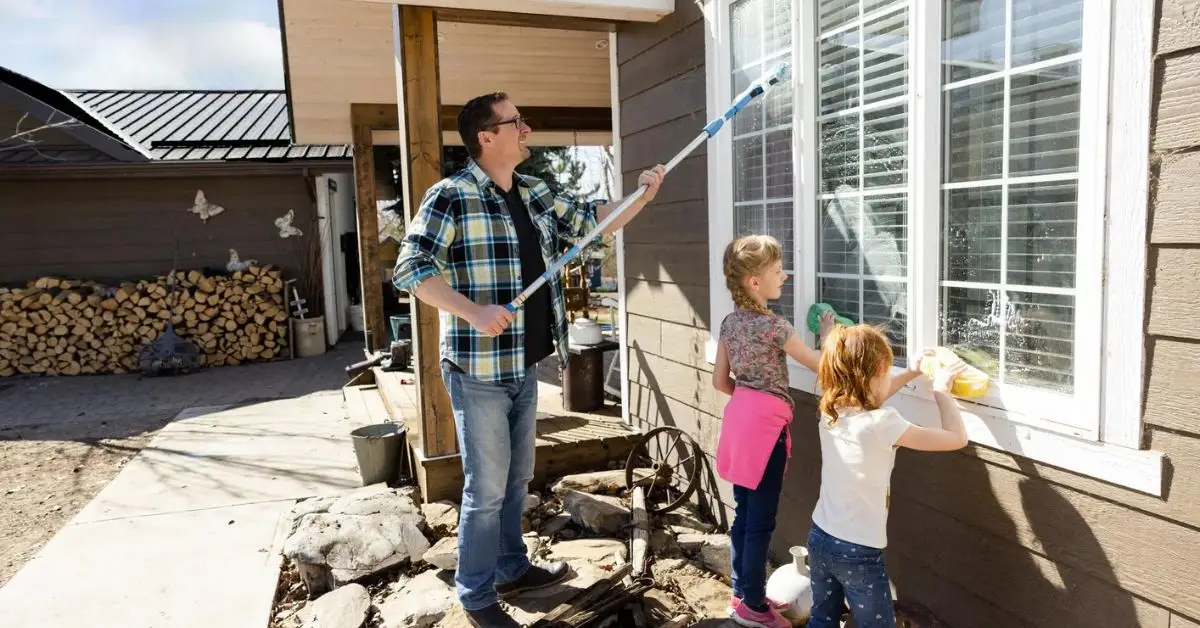10 Home Maintenance Mistakes Every Homeowner Makes
I’ve lost count of how many times I’ve heard homeowners say, “I’ll deal with that later.” A tiny drip under the sink, a loose shingle on the roof, or a furnace filter that hasn’t been touched in months—these things feel small in the moment. But I’ve also seen how those same “small” issues snowball into repairs worth thousands of dollars, and in some cases, even knock down a home’s value when it comes time to sell.
The truth is, owning a home isn’t just about paying the mortgage. It’s about protecting the investment you’ve already made. A neglected gutter or a cracked foundation doesn’t just look bad—it chips away at your equity, your safety, and your peace of mind. And yet, most of us only realize it when it’s too late.
That’s why I want to walk you through the mistakes I see homeowners repeat again and again. Some are obvious, others you might never have considered, but every one of them can quietly drain your wallet and create stress you don’t need. If you’ve ever wondered whether you’re doing enough to take care of your home, this list will give you the clarity you’ve been missing.
So let me ask—what’s the one maintenance task you know you’ve been putting off, hoping it won’t come back to bite you?
1. Skipping Regular Inspections
I’ll be honest—you and I both know how easy it is to ignore small problems around the house. That faint stain on the ceiling, the hairline crack in the basement wall, or the steady drip under the kitchen sink… they don’t feel urgent. But here’s the catch: those “minor” signs are usually the first warnings of something bigger.
- A roof leak left alone can spread into your attic insulation and walls.
- Foundation cracks, even the small ones, can worsen with every season.
- A $50 plumbing repair can easily turn into a $5,000 water-damage nightmare.
The National Association of Realtors notes that preventive maintenance almost always costs less than emergency repairs, yet most homeowners wait until a crisis forces action. Catching these issues early isn’t just about saving money—it’s about protecting the value of your biggest investment.
2. Poor HVAC and Filter Maintenance

Here’s one mistake I’ve made myself: forgetting to swap out the HVAC filter. It doesn’t seem like a big deal until the system starts struggling, the energy bill creeps up, and suddenly the air in your home feels heavy.
When you skip routine HVAC care:
- Your system works harder and breaks down sooner.
- Dust, allergens, and pollutants circulate indoors.
- Utility bills rise without you realizing why.
Changing a filter takes minutes and costs less than a coffee run, but it keeps your system running efficiently and your air safe to breathe. Clean indoor air directly impacts health and mental performance—proof that something so small can make a huge difference in how you live every day.
If you want to go a step further, check out our guide on 10 easy maintenance hacks to double the life of your home appliances—simple habits that keep everything from your fridge to your furnace running longer.
3. Ignoring Gutters and Drainage Systems
I get it—nobody enjoys climbing a ladder to scoop out soggy leaves. But ignoring your gutters is like letting water aim straight at your home’s foundation. Sooner or later, it wins.
What happens when gutters clog?
- Water spills over, soaking siding and windows.
- Pools form near the foundation, leading to cracks and settling.
- Mold creeps into basements, making air quality worse.
I once read a Reddit homeowner’s story about skipping gutter cleaning for just a couple of years—until a flooded basement and a $15,000 foundation repair forced them to learn the hard way. That’s money most of us don’t have sitting around.
Seasonal cleaning (spring and fall) is far cheaper than rebuilding a foundation. Think of it as insurance—an afternoon of dirty work that saves you from years of stress.
4. Relying on DIY Fixes for Complex Repairs
I get the temptation—youTube makes rewiring a socket or fixing a leaky pipe look easy. I’ve tried “quick fixes” myself, thinking I’d save money. But here’s the truth: some jobs just aren’t meant for DIY.
- Electrical wiring mistakes can spark fires.
- Makeshift plumbing fixes often burst under pressure.
- Gas line tinkering is downright dangerous.
There’s pride in handling small projects—painting, sealing, or patching holes—but when it comes to wiring, gas, or major plumbing, hiring a pro is actually cheaper in the long run. Forbes recently highlighted how homeowners spend over $10,000 a year on maintenance and repairs, much of which comes from preventable mistakes. Cutting corners on safety is one of those mistakes.
5. Neglecting Exterior Care and Landscaping

Walk up to your house and take a good look. Is the paint peeling? Are the gutters sagging? Are tree roots creeping a little too close to your foundation? Exterior neglect doesn’t just hurt looks—it chips away at structure too.
- Cracked siding lets in water and pests.
- Overgrown branches can damage roofs or power lines.
- Roots can quietly shift or crack foundations.
Caring for your home’s exterior isn’t cosmetic—it’s defense. A well-kept yard, siding, and roof protect against weather damage and preserve resale value. And when buyers pull up one day, the difference between “neglected” and “cared for” can mean thousands of dollars.
6. Forgetting Safety Upgrades and Checks
Here’s one mistake I see far too often: safety basics get overlooked. The smoke detector chirps, batteries come out, and suddenly the home is unprotected.
- Smoke detectors should be tested and replaced regularly.
- Carbon monoxide alarms are a must if you’ve got gas appliances.
- Loose steps or railings might seem minor until someone falls.
These fixes aren’t flashy, but they’re priceless. They protect the people you love, reduce risk of accidents, and even shield you from liability if you ever rent or sell your home. If you want one quick win this week, hit the test button on your smoke alarms—you’ll thank yourself later.
7. Using the Wrong Cleaning or Repair Materials
I’ve been guilty of this one—reaching for whatever cleaner or paint was on sale, thinking it wouldn’t make much difference. The problem? The wrong material can quietly ruin the surfaces you’re trying to protect.
- Vinegar may be great on glass, but it can etch stone countertops.
- Cheap paint fades, peels, and forces you to redo the job sooner.
- Using the wrong sealant can let water seep in where you least expect.
Myth-busting mini box:
What vinegar can clean: glass, mirrors, some plastics, light stains.
What vinegar shouldn’t touch: natural stone, hardwood floors, or electronics.
Choosing the right product might feel slower upfront, but it saves you from paying twice when damage shows up.
8. Failing to Budget for Seasonal Maintenance

Here’s a reality most homeowners overlook—you don’t just need a “general” maintenance budget. Each season brings its own problems, and if you’re not ready, the costs can pile up fast.
- Winter: Insulate pipes to prevent freezing, check the roof for weak spots, seal windows.
- Summer: Schedule an AC tune-up, clear attic vents, stay ahead of pests.
According to the Investopedia, A smart rule of thumb is to set aside 1–4% of your home’s value annually for maintenance and seasonal prep. Planning this way makes those surprise repairs feel less like disasters and more like manageable line items in your budget.
For a more detailed seasonal checklist, don’t miss our breakdown of 12 winter maintenance tasks you can do yourself—a must-read if you want to avoid costly cold-weather damage.
9. Believing Common Homeowner Myths
This one makes me shake my head every time. I’ve heard neighbors say things like, “If it looks fine, it is fine” or “Maintenance only matters before selling.” Both couldn’t be further from the truth.
- Just because something looks okay doesn’t mean it is—water damage, pests, and electrical issues often stay hidden until they explode.
- Maintenance isn’t about impressing a future buyer, it’s about protecting your home (and your sanity) while you live in it.
Here’s my challenge to you: think back—what’s one myth you believed about homeownership that cost you money or stress later? Drop it in the comments—I bet more people than you think have been fooled by the same idea.
10. Overlooking the Long-Term Impact on Property Value
Here’s the part most homeowners don’t realize until it’s too late: every small repair you skip today is quietly lowering your home’s resale value. I’ve seen buyers walk away from great houses because the gutters sagged or the siding was peeling. To them, those little things scream “bigger problems inside.”
A Realtor once told me, “Upkeep is what separates a home that sells fast from one that sits on the market. Buyers don’t just see a house—they see how well you’ve cared for it.” And they’re right. Neglect doesn’t just cost you in repairs; it knocks thousands off the offers you’ll get.
And if you’ve recently purchased a property, start strong by following 5 essential maintenance musts every new homeowner should know. It’s the easiest way to protect value from day one.
Your daily habits—changing filters, trimming trees, testing alarms—aren’t just chores. They’re deposits into your home’s financial equity.
A Smarter Approach to Home Care
When I look at it this way, maintenance feels less like busywork and more like protecting my own investment. Think about it—every hour you spend on preventive care could save you from a week of stress and a mountain of bills later.
If you’re not sure where to start, create a seasonal checklist:
- Winter: insulate pipes, check heating systems, seal drafts.
- Spring: clean gutters, inspect the roof, test alarms.
- Summer: service the AC, trim landscaping, check for pests.
- Fall: prep the furnace, seal exterior cracks, clean chimneys.
It’s simple, repeatable, and it keeps you in control.
So now I’ll throw it back to you—what’s the one home maintenance mistake you regret the most? Share it in the comments, and let’s learn from each other’s stories. And if you want more practical guides like this, bookmark Build Like New and check back often—we’re here to help you protect your home, your peace of mind, and your future value.
Disclaimer: This article is for informational purposes only and should not be taken as professional home inspection, legal, or financial advice. Always consult qualified professionals for repairs, safety checks, or property-related decisions.


